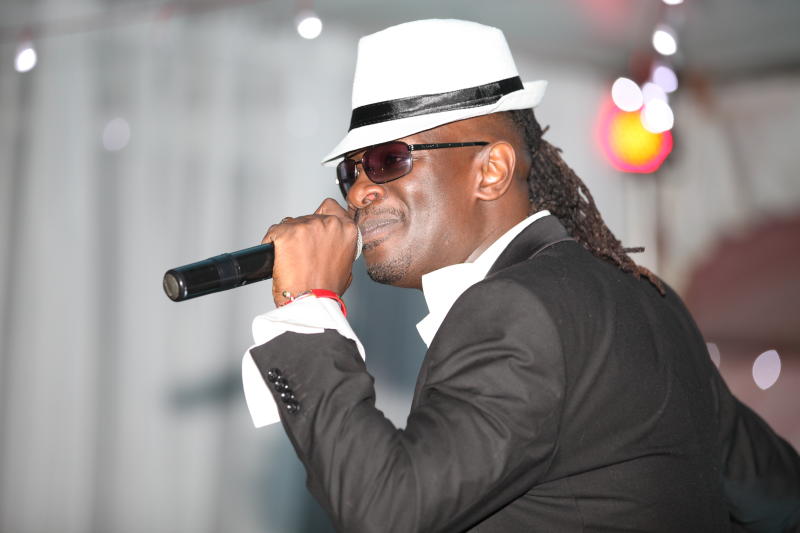×
The Standard e-Paper
Stay Informed, Even Offline

Singer David Mathenge whose stage name is Nameless, had a near-death experience in September 2017 when he suffered spontaneous bleeding in the brain, a condition known as subarachnoid haemorrhage.
Nameless said he developed the condition while at a meeting. He experienced a strange sensation around his neck that seemed to ascend to his head. “Then I had a severe headache. It was not a normal headache. I was holding my head because it felt like it was going to explode,” he says.